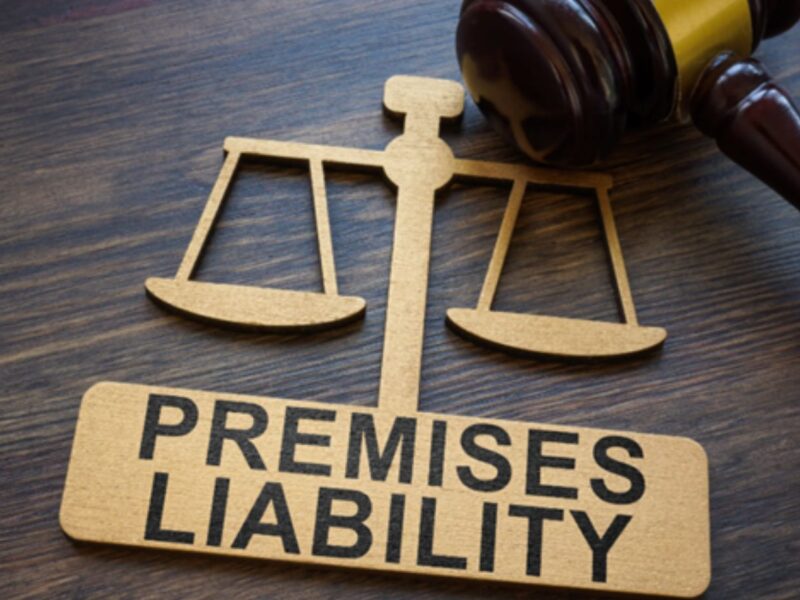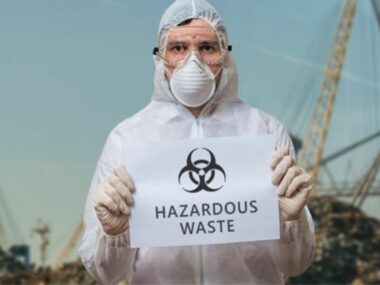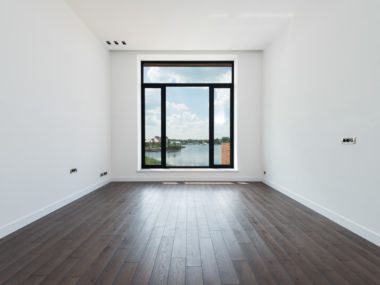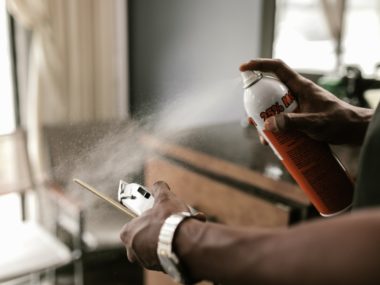Ohio’s got a lot going on with friendly communities, a good mix of urban and rural living, and plenty of places to explore. It also has a vibrant sports and arts scene. But one thing most people don’t think about until it’s too late? Just how easy it is to get injured on someone else’s private property.
When you’re invited onto someone’s land, whether it’s a business, a rental, or even a friend’s house, you have a right to expect that the property is safe. The legal term for this is premises liability, and in Ohio, it means property owners have a legal responsibility to keep their space safe for visitors. When they fail to do that, and someone gets hurt, that’s not just bad luck; that’s negligence.
And if you’re sitting there wondering what to do next after getting hurt, the smartest move you can make is to hire an Ohio premises liability attorney who actually knows how these cases work. Not all injuries qualify for compensation, but a lawyer can tell you quickly whether you have a strong case.
Let’s walk through the different ways people actually get hurt on private property in Ohio, how the law views each scenario, and what needs to happen for a claim to be valid.
Unsafe Walkways and Slip-and-Fall Hazards
Slipping on a wet grocery store floor, tripping over cracked pavement outside an apartment complex, or maybe even losing your balance on loose steps at someone’s house are all red flags that indicate the property wasn’t maintained.

Ohio law doesn’t expect property owners to predict every possible accident, but if a hazard is known or should have been known, and they don’t fix it or warn visitors about it, that’s negligence. So, if you’re hurt because of something like water left on the floor, torn carpet, or even ice that wasn’t salted, the owner could be held responsible for your injuries.
And it’s not enough to say that it was an accident. The law looks at whether the danger was avoidable with reasonable care. If the answer is yes, and the property owner ignored it, then liability is on them.
Dog Bites and Animal Attacks
Ohio follows what’s known as strict liability when it comes to dog bites. That means even if the dog never bit anyone before, the owner can still be held liable if it attacks you. The key here is whether you were legally on the property and not provoking the animal.
If the dog wasn’t secured or leashed, or the owner didn’t warn you about its behavior, that’s a major legal issue. The owner has a duty to control their animals, especially around guests or people passing through. Whether it’s a visiting relative or a delivery driver, anyone hurt by a dog on private property could potentially have a valid claim.

And it’s not limited to dogs only. Exotic pets, aggressive birds, and even farm animals can fall under this if the owner doesn’t take steps to secure them or warn others of the risk.
Poor Lighting
Falls, collisions, and missteps are far more likely when you can’t see where you’re going. In Ohio, property owners are required to make sure lighting is sufficient in areas where people are expected to walk, especially shared or public access areas like:
- Apartment complex entryways
- Parking garages
- Sidewalks in front of commercial buildings
- Stairwells in office or condo buildings
If you’re injured because of bad lighting, your attorney will need to prove that the property owner either ignored the lighting problem or failed to inspect the area regularly. One flickering light might not be enough. But several broken fixtures or no lighting at all? That’s hard evidence of ongoing neglect.
Negligent Security in High-Risk Areas
If a property is in an area where crime has occurred or is likely to, and the owner does nothing to prevent harm, that can turn into a premises liability case real quick.
We’re talking about broken locks on apartment entrances, no cameras in a crime-prone parking garage, or no response to past criminal incidents on the property. If someone gets mugged, assaulted, or worse because the property owner ignored known risks, they could be held responsible.
In Ohio, there’s a legal expectation that property owners will take reasonable steps to protect guests from foreseeable harm. That doesn’t mean hiring bodyguards, but it does mean fixing that busted fence or installing proper lighting in high-traffic areas.






